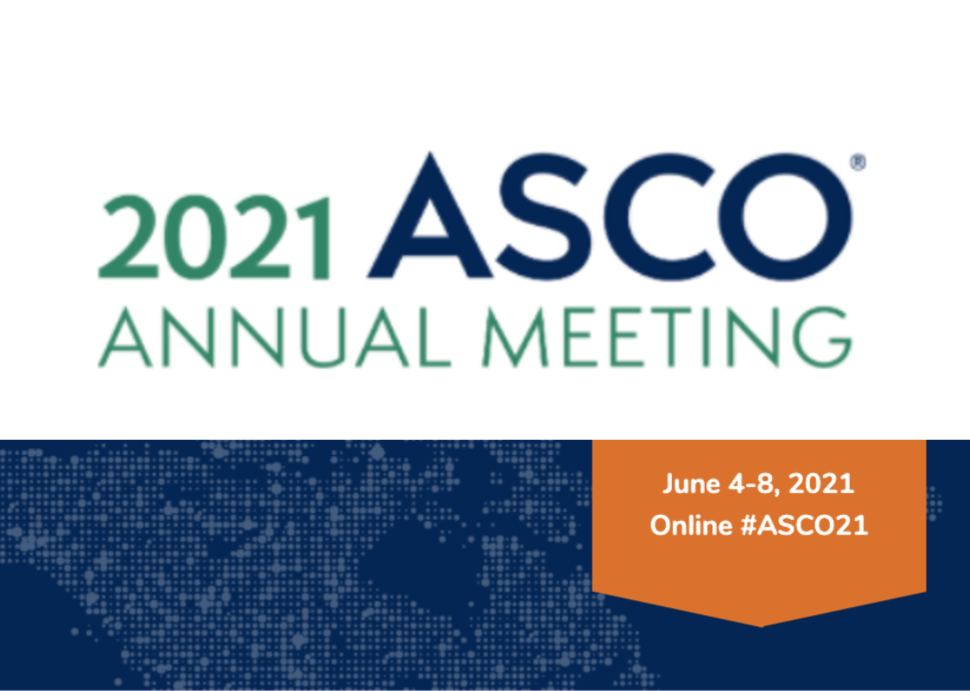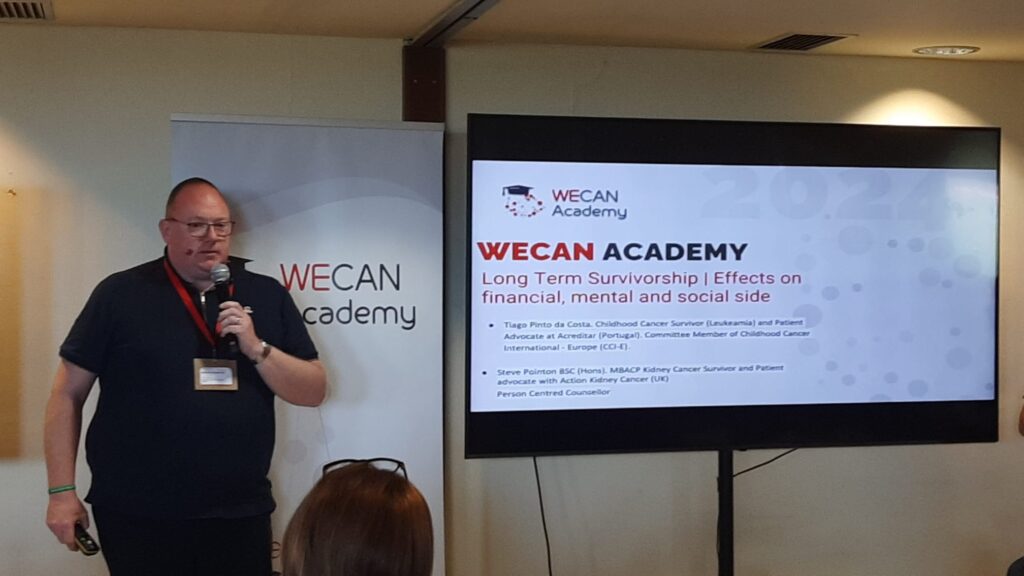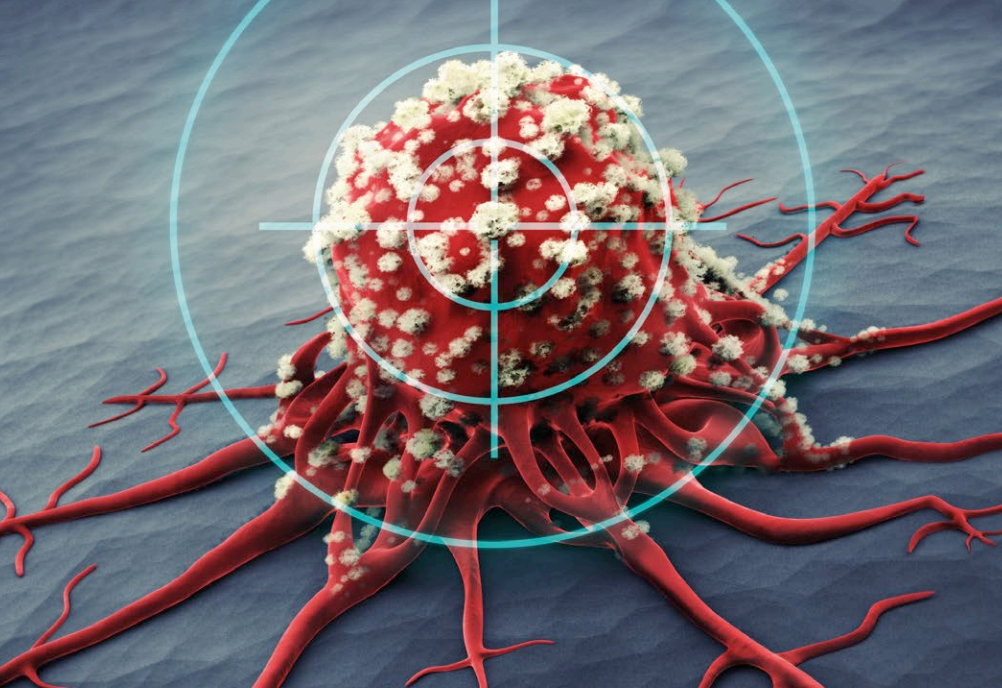Share this Page:
Cell metabolism in renal cell carcinoma (RCC) tumours is disrupted, and RCC tumour cells tend to have high levels of an enzyme called glutaminase, a key enzyme for the metabolism of glutamine. Glutamine is an amino acid that is found in most proteins. It is a source of energy for cell growth. Telaglenastat is a glutaminase inhibitor that blocks the use of glutamine by cells. This causes a build-up of glutamine that becomes toxic to cancer cells. In a phase 1 study, telaglenastat showed encouraging safety and effectiveness when used in combination with cabozantinib as a second- or third-line treatment for metastatic RCC.
In this oral presentation at the American Society for Clinical Oncology (ASCO) Annual Meeting at the weekend the phase 2 CANTATA study compared telaglenastat plus cabozantinib with placebo plus cabozantinib in previously treated patients with clear-cell metastatic RCC. There were 444 patients randomly put into two groups to be treated with telaglenastat/cabozantinib or placebo/cabozantinib. Patients were followed for an average of around 1 year. There was no benefit of telaglenastat/cabozantinib in terms of patient outcomes compared to placebo/cabozantinib. Rates of side effects were similar between the two treatment groups and included high blood pressure and diarrhoea.
In summary, the addition of telaglenastat did not improve the efficacy of cabozantinib as a second or third-line treatment for metastatic RCC. However, the combination of telaglenastat plus cabozantinib was well tolerated with side effects expected from each treatment.













